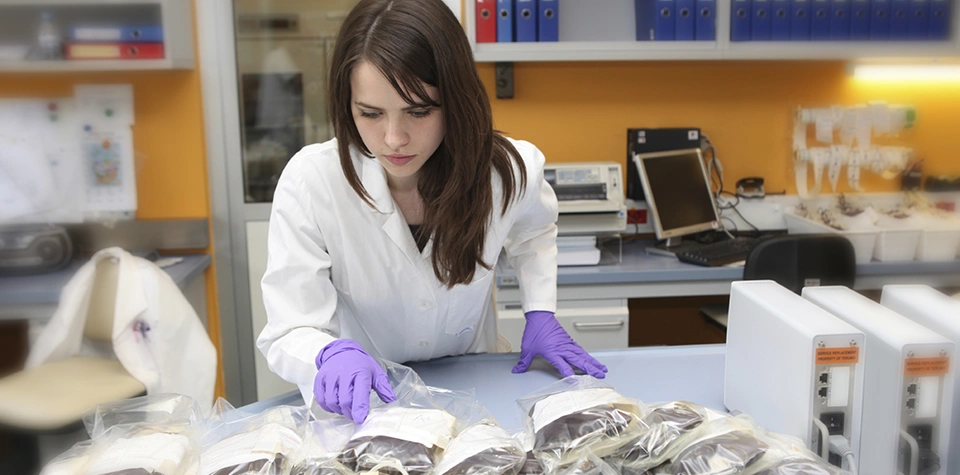Phlebotomy, a vital aspect of healthcare involving patient blood samples, is crucial in diagnostic procedures and medical research. Aspiring phlebotomists often have questions regarding their training, expectations from the program, the nature of the phlebotomy test, and potential employment opportunities. We’ll explore these essential aspects of phlebotomy to provide you with a comprehensive understanding.
How Long is Phlebotomy School?
The duration of phlebotomy school can vary depending on the educational institution and program type. Cambridge College of Healthcare & Technology offers an exceptional phlebotomy program. This comprehensive curriculum ensures that you receive in-depth instruction on anatomy and physiology, venipuncture techniques, patient interaction skills, safety protocols, and laboratory practices.
What Should I Expect From a Phlebotomy Program?
A reputable phlebotomy program provides robust training encompassing theory and hands-on experience. Cambridge’s program at Cambridge College of Healthcare & Technology offers a well-rounded education combining classroom lectures with practical lab sessions where students gain valuable practice through simulated scenarios under expert guidance.
Throughout your coursework at Cambridge College of Healthcare & Technology’s Phlebotomy Program, you will learn about infection control measures to ensure patient safety during blood collection procedures. You will also be trained on proper specimen handling techniques while maintaining accuracy throughout sample processing.
What Should I Expect on the Phlebotomy Test?
The phlebotomy test assesses your understanding of various topics related to blood collection, patient interaction, laboratory procedures, and safety protocols. It typically consists of both written and practical components.
During the written portion, you may encounter questions regarding anatomy and physiology relevant to phlebotomy practice, infection control practices within healthcare settings, medical terminology associated with venipuncture procedures, and regulatory guidelines governing phlebotomists’ ethical conduct.
The practical component involves demonstrating essential skills, such as proper vein identification techniques, before performing a successful venipuncture procedure. This includes applying appropriate tourniquet placement methods, palpating veins for optimal puncture sites, and executing safe needle insertion while maintaining patient comfort.
Furthermore, the curriculum covers legal considerations regarding patient rights and confidentiality within healthcare settings – an essential element when working as a professional phlebotomist.
Where Will I Work as a Phlebotomist?
Once certified as a professional phlebotomist after completing a reputable program like Cambridge College of Healthcare & Technology Phlebotomy Technician program, a job as an entry level phlebotomist awaits! As an entry-level phlebotomist, you can find employment in various healthcare settings, including hospitals, laboratories, blood banks, nursing homes, research facilities, and clinics.
Your role will involve the following while working directly with patients:
As you gain experience, career advancement options, such as supervisory roles or specialized positions within specific medical fields, may become available.
Enroll in Cambridge College of Healthcare & Technology
If you are passionate about healthcare and interested in pursuing a career as a phlebotomist, Cambridge College of Healthcare & Technology’s Phlebotomy Technician Program is an excellent choice.
Offering through training, friendly instructors, and lab work, Cambridge ensures that graduates possess the necessary skills and knowledge for success in the healthcare field.
To learn more about our Phlebotomy Technician Program or to enroll, click here now.
More On:


